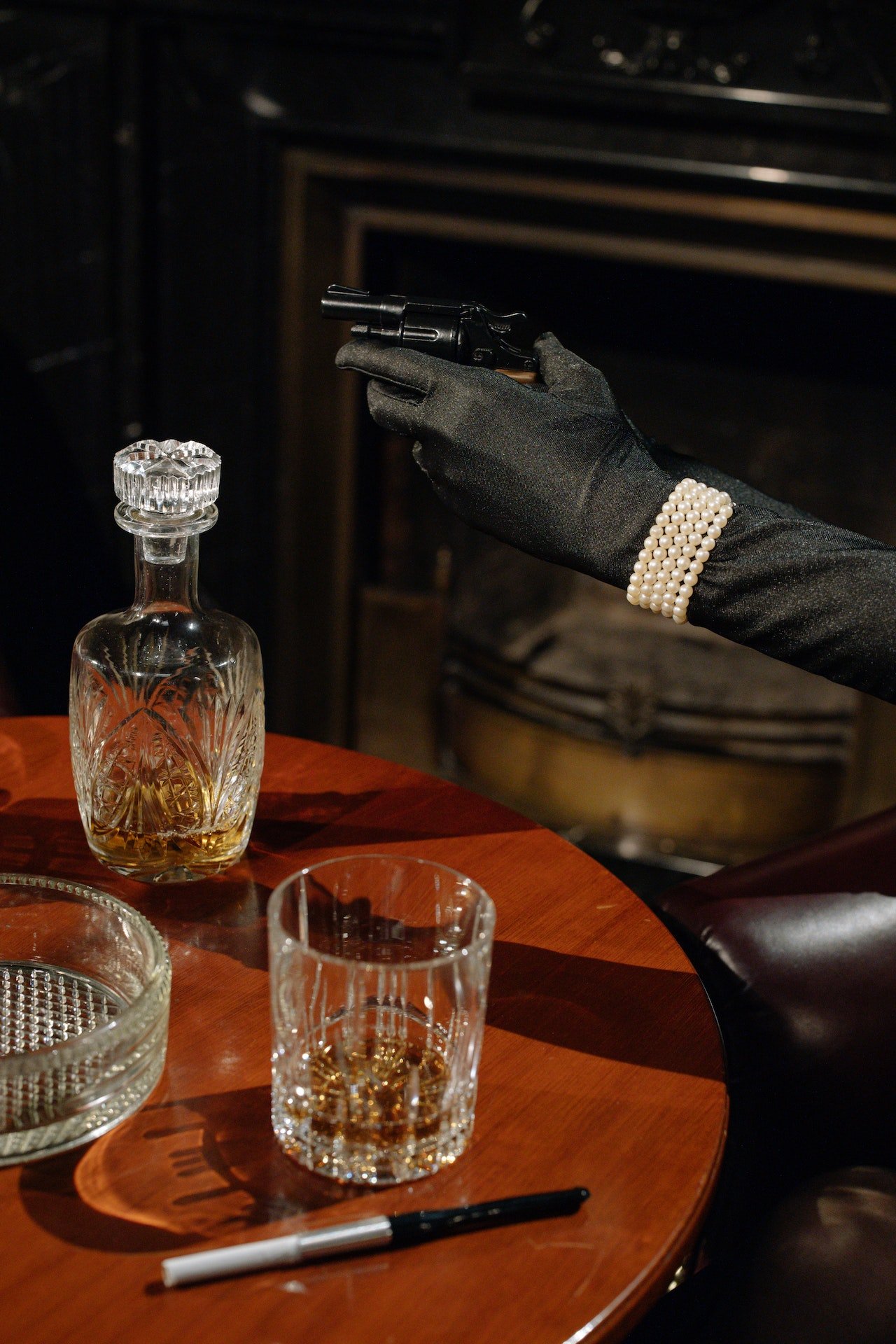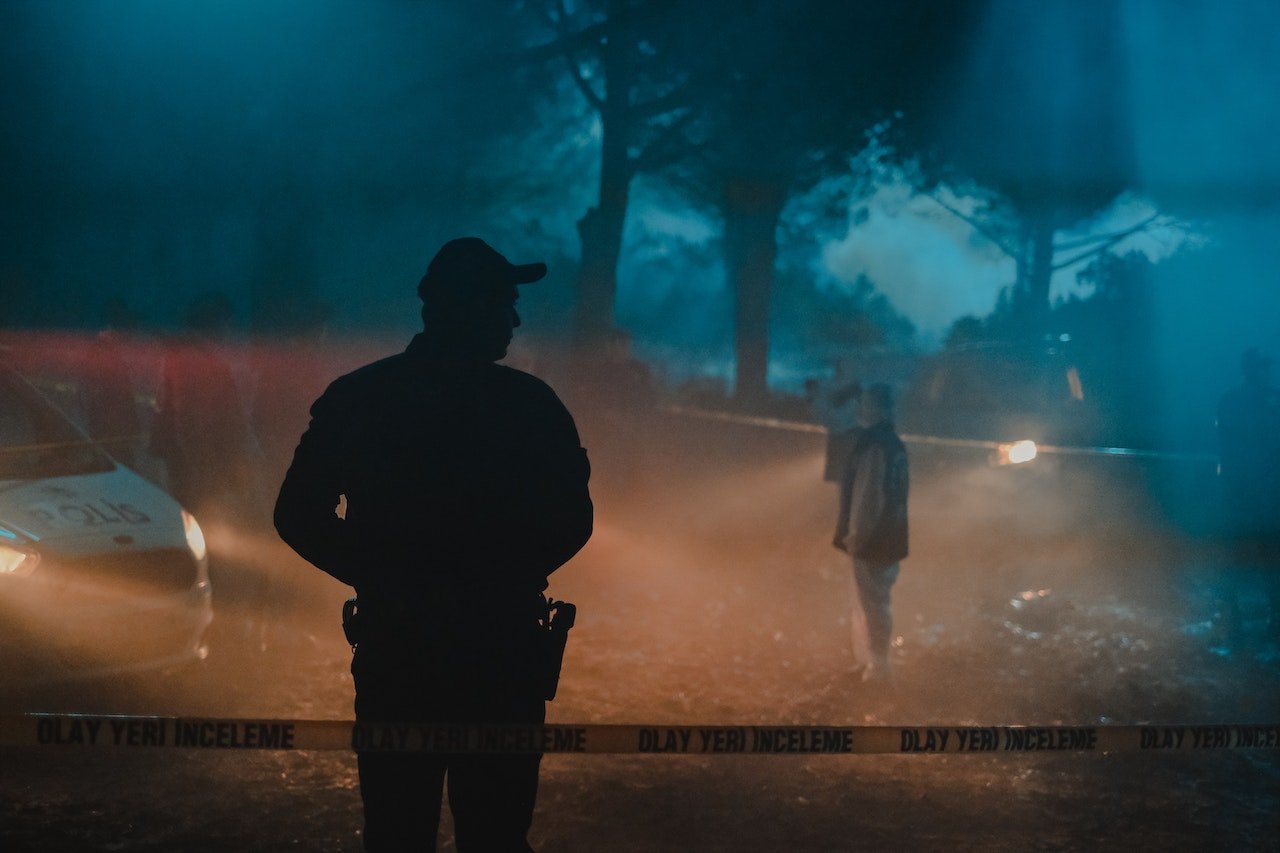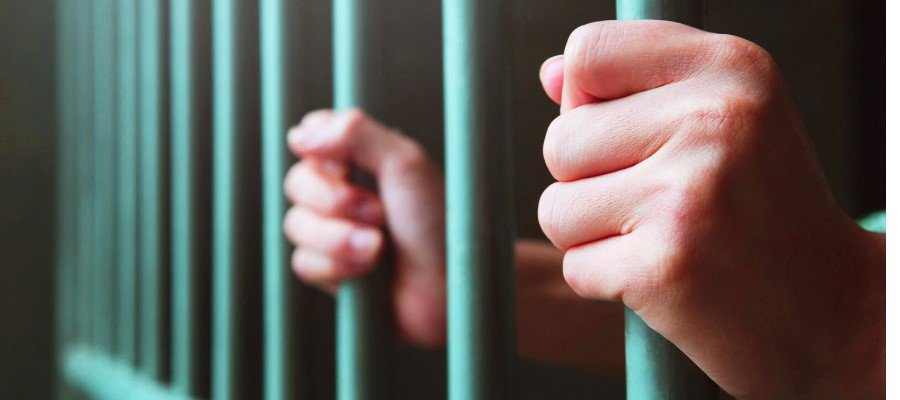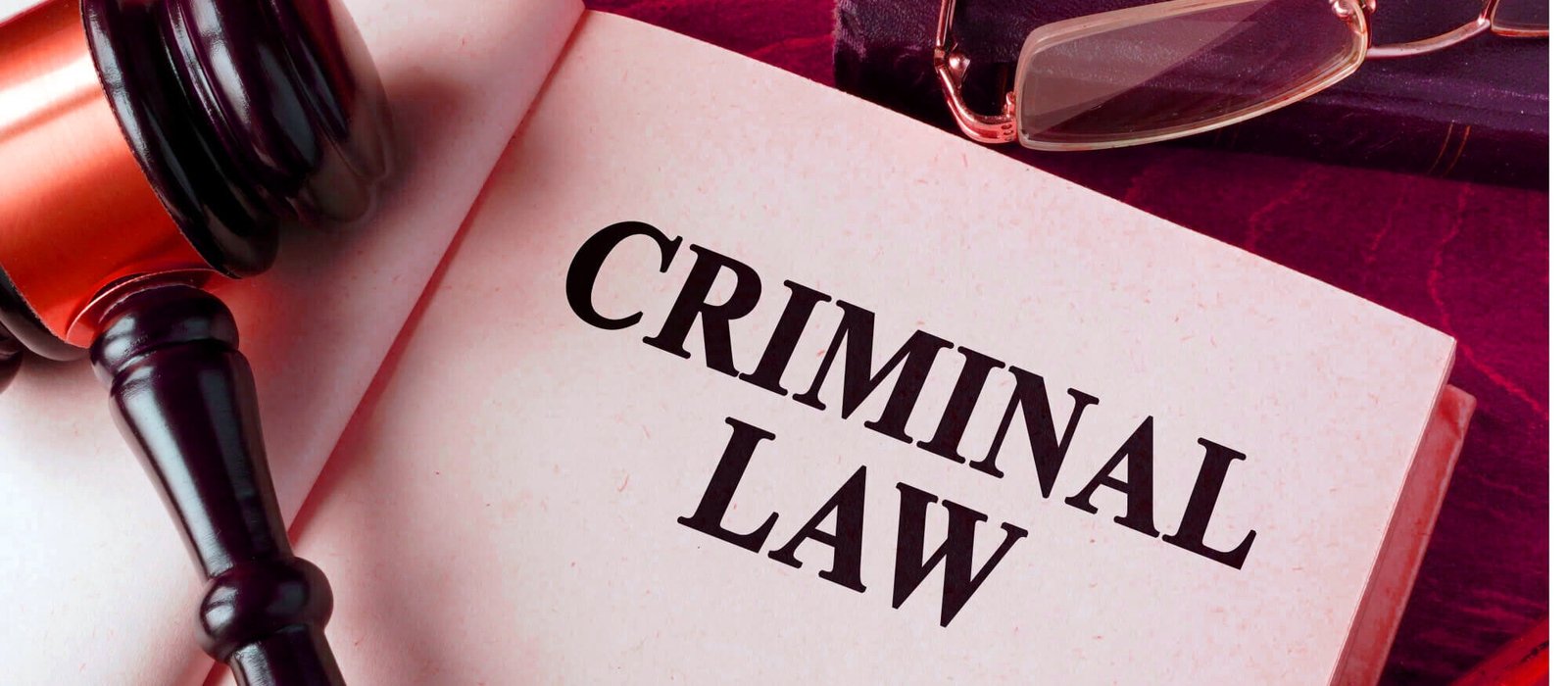The Criminal Justice System and the Role of Defense Attorneys


The criminal justice system is essential to guaranteeing fair trials and preserving the rules of justice in the area of criminal law. Defense attorneys, who are qualified lawyers tasked with defending the rights and interests of people accused of crimes, are at the center of this system. The complexity of the criminal justice system will be examined in this article, along with its critical place for defense attorneys.
The laws, procedures, and organizations involved in the identification, examination, pursuit, and punishment of criminal offenses make up the criminal justice system. It is intended to achieve a balance between defending society and defending the rights of those who are accused of committing crimes. Defense lawyers play a crucial role in this system, working relentlessly to make sure that the accused are treated fairly, given a fair trial, and have a strong defense.
Defense attorneys’ function in the criminal justice system
Defending the accused’s rights
The protection of their client’s constitutional rights is one of the main duties of criminal justice defense lawyers. These rights include the presumption of innocence, the right to legal counsel, the ability to question witnesses, and the privilege of being forced to testify against oneself. As advocates for their clients, criminal justice makes sure that these rights are protected throughout the criminal justice system.
Establishing fair trial procedures
In order to guarantee impartial and fair trial proceedings, defense counsel is essential. They scrutinize the prosecution’s evidence, question its veracity, and fight for their client’s rights. Defense lawyers support the search for truth and justice in the courtroom by conducting in-depth investigations, questioning witnesses, and putting up alternate theories or defenses.
Investigating and accumulating information
Defense lawyers are in charge of conducting their own research and acquiring materials to bolster the claims of their clients. In addition to speaking with experts in many sectors, they conduct witness interviews, examine police reports, and examine forensic evidence. This thorough research aids in locating key facts that may be advantageous to the defense and undermines the prosecution’s case.
Creating a solid defense plan
Defense lawyers create strong defense plans specific to each case based on their research and comprehension of the law. They evaluate the prosecution’s case’s advantages and disadvantages, point out legal problems, and develop arguments to refute the evidence used against their clients. They work to achieve the best result for their clients by putting out a strong defense.
Representation and advocacy in court
Giving legal counsel and direction
Throughout the criminal justice process, defense attorneys offer their clients essential legal counsel and assistance. They give their clients the information they need to make wise selections by outlining the charges, possible outcomes, and accessible options. Defense lawyers can successfully traverse the complex legal system on behalf of their clients by being knowledgeable about the law’s nuances.
Bargaining for plea agreements
Defense lawyers frequently bargain with the prosecution to secure a plea agreement. In a plea agreement, the defendant consents to admit guilt in exchange for a lowered charge or a lenient punishment. During these negotiations, defense lawyers expertly represent the interests of their clients, working to achieve the best result possible.
Putting points out in court
Defense counsel provides compelling arguments to refute the prosecution’s case during the trial proceedings. They create persuasive arguments by drawing on their legal expertise, case-specific information, and comprehension of their client’s situations. Defense lawyers work to raise questions about their client’s guilt by presenting evidence, interrogating witnesses, and pointing out flaws in the prosecution’s case.
Witnesses are cross-examined
Cross-examining prosecution witnesses is an essential part of a defense attorney’s job. Defence lawyers use deft questioning to uncover biases, inconsistencies, or other hidden agendas that can damage the credibility of the witnesses. Defense attorneys can contest the prosecution’s story during cross-examination and offer several versions of what happened.
Contesting the prosecution’s proof
The prosecution’s evidence is carefully examined by defense attorneys to ensure its reliability. They could object to the admissibility of some evidence on the grounds of irregularities with the legal process or constitutional infractions. Defense lawyers try to eliminate or reduce evidence that might be harmful to their clients’ arguments by drawing on their understanding of the law and their capacity to recognize legal errors.
Read More: What to Expect During a Car Accident Lawsuit
Safeguards for the Procedure and Due Process
The principles of due process and procedural safeguards form the foundation of the criminal justice system. In order to protect these principles and guarantee that those who are accused of crimes are dealt with justly and equitably, defense counsel is essential.
The nobility of the cause
The presumption of innocence is one of the core tenets of the criminal justice system. Defense lawyers put out a lot of effort to defend this principle by contesting the prosecution’s burden of proof. They remind the judge and the jury that it is up to the prosecution to establish the defendant’s guilt beyond a reasonable doubt.
Right to a knowledgeable lawyer
Every person accused of a crime has a right to knowledgeable legal counsel. Defense lawyers play this important function by offering knowledgeable representation that is based on their training, expertise, and experience. They make sure that throughout the legal process, their client’s rights are upheld and their interests are aggressively represented.
Defense from self-incrimination
Defense lawyers give their clients advice on how to exercise their right to silence and avoid giving evidence against themselves. They advise their clients on when to use this right, and they make sure that no confessions or statements are coerced or obtained in violation of constitutional protections.
Being allowed to confront witnesses
The right of defense attorneys to represent their clients in witness examination is crucially important. They have the chance to cross-examine prosecution witnesses, impugning their veracity and revealing any potential biases or discrepancies. By using this right, the accused is guaranteed the opportunity to successfully refute the evidence in their favor.
The right to a prompt trial
Defense lawyers fight for their client’s right to a prompt trial, making sure that their rights aren’t violated by unjustified delays. They strive to speed up judicial proceedings, effectively prepare their cases, and safeguard their clients from protracted pretrial confinement.
Read More: Legal Considerations for Starting a Small Business (2023)
Crime Prevention Techniques
Different tactics are used by defense lawyers to support their clients and weaken the case of the prosecution. These tactics seek to undermine the prosecution’s case and sow seeds of doubt in the jury’s minds.
Making a case based on insufficient evidence
Defense lawyers emphasize the absence of direct evidence connecting their clients to the alleged crimes in circumstances where the prosecution’s evidence is questionable or insufficient. They can contend that the prosecution hasn’t done enough to prove its case and prove guilt beyond a reasonable doubt.
Putting forward different justifications or defenses
Defense lawyers look for any explanations or arguments that contradict the prosecution’s story. They could offer proof or arguments that support the innocence of their clients or suggest other suspects or scenarios. The goal of defense counsel is to weaken the prosecution’s case by raising a reasonable doubt.
Dispute the veracity of witnesses
The veracity of the witnesses called by the prosecution is closely examined by defense attorneys. They search for contradictions or dubious testimony while carefully examining their histories, motivations, and biases. Defence lawyers undercut the prosecution’s case and cast doubt on the validity of the evidence by questioning the credibility of witnesses.
Speculating on the legitimacy of searches and seizures
Defense lawyers may contest the legitimacy of searches and seizures if the prosecution’s case heavily relies on evidence gathered in these ways. They carefully examine the steps used by law enforcement to make sure that no constitutional rights were infringed upon during the course of the inquiry. Any illegally obtained evidence may be suppressed, which would undermine the prosecution’s case.
The Value of Successful Defence Counsel
Upholding the values of criminal justice and fairness within the criminal justice system depends on strong defense counsel.
The Defense of constitutional rights
When someone is accused of a crime, their constitutional rights are crucially protected by defense lawyers. They support the integrity of the judicial system by preserving due process, supporting the assumption of innocence, and fighting for the rights of their clients.
Establishing an equitable and fair legal system
By questioning the prosecution’s case, examining the evidence, and standing out for their client’s interests, defense attorneys help to create a just and fair legal system. They aid in avoiding erroneous convictions and guarantee that justice is carried out based on solid proof and an exhaustive investigation of the circumstances.
Conclusion
The function of defense lawyers in the criminal justice system is crucial. They tenaciously defend their clients’ rights, fight for their freedoms, and refute the prosecution’s case. Defence lawyers are essential to upholding the rules of justice, ensuring fair trials, and maintaining the credibility of the court system.
FAQs
What justifies the significance of defense lawyers in the criminal justice system?
Because they defend the rights of those accused of crimes, secure fair trials, and refute the prosecution’s case, defense attorneys are crucial in the criminal justice system. They are essential in maintaining the values of criminal justice and making sure the legal system is fair.
What are some of the defense lawyers’ most important duties?
Protecting their clients’ constitutional rights is just one of the important duties defense lawyers have, along with finding and gathering evidence, developing a solid defense strategy, offering advice and counsel, negotiating plea deals, presenting their cases in court, cross-examining witnesses, and challenging the prosecution’s evidence.
How do defense lawyers dispute the prosecution’s evidence?
By offering alternate explanations or defenses, disputing the credibility of witnesses, challenging the legitimacy of the search and seizure, and emphasizing the absence of evidence, defense attorneys counter the prosecution’s case. They seek to undermine the prosecution’s case and sow reasonable doubt in the jury’s minds.
What difficulties do criminal justice defense lawyers encounter?
Defense attorneys encounter difficulties such as a tremendous workload, few resources, bias in the criminal justice system, and moral conundrums when defending clients who have been charged with crimes. Biases and inequities can affect how defendants are treated, and overworked and underfunded public defenders sometimes struggle to provide appropriate representation.












3 Comments